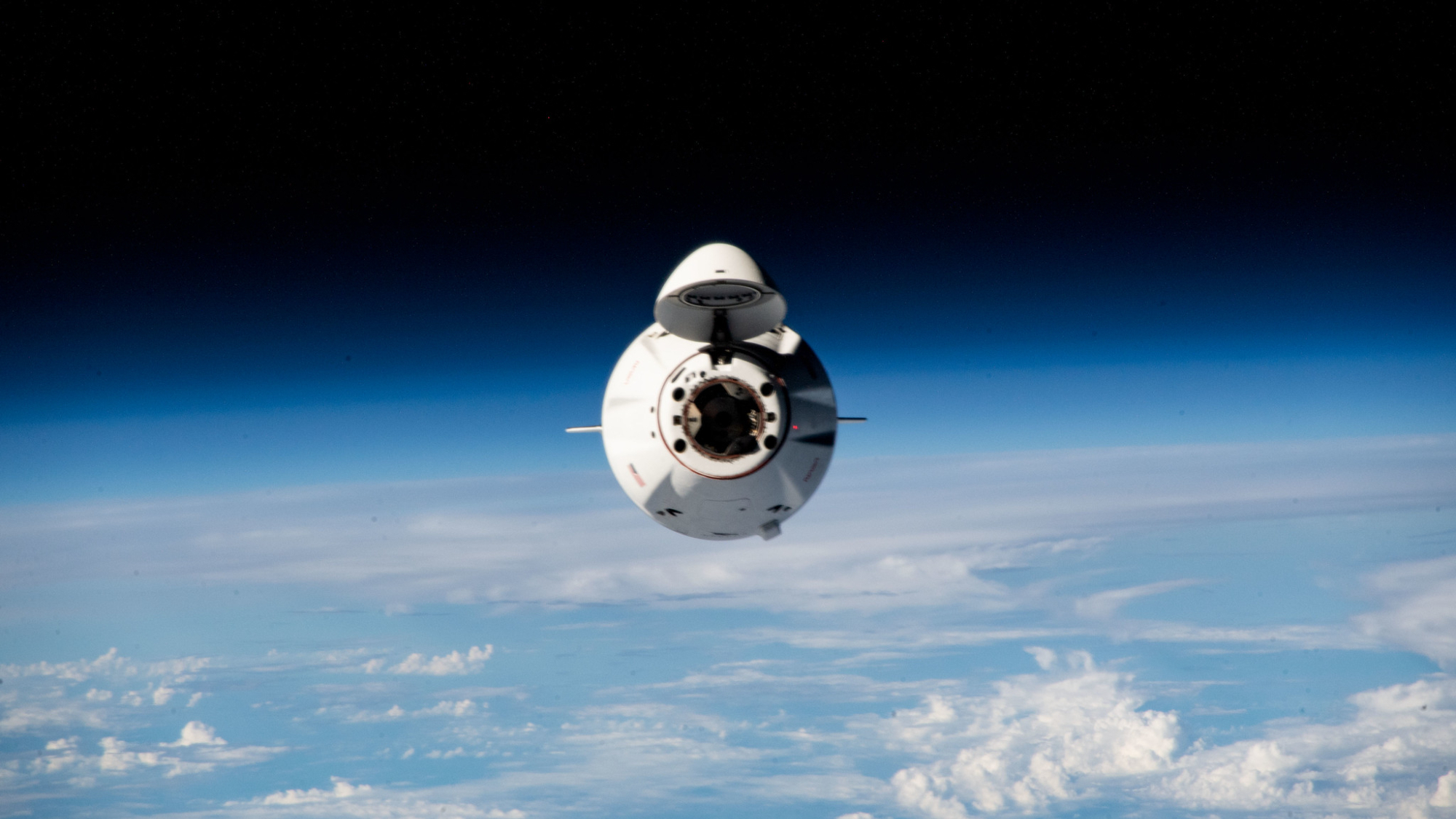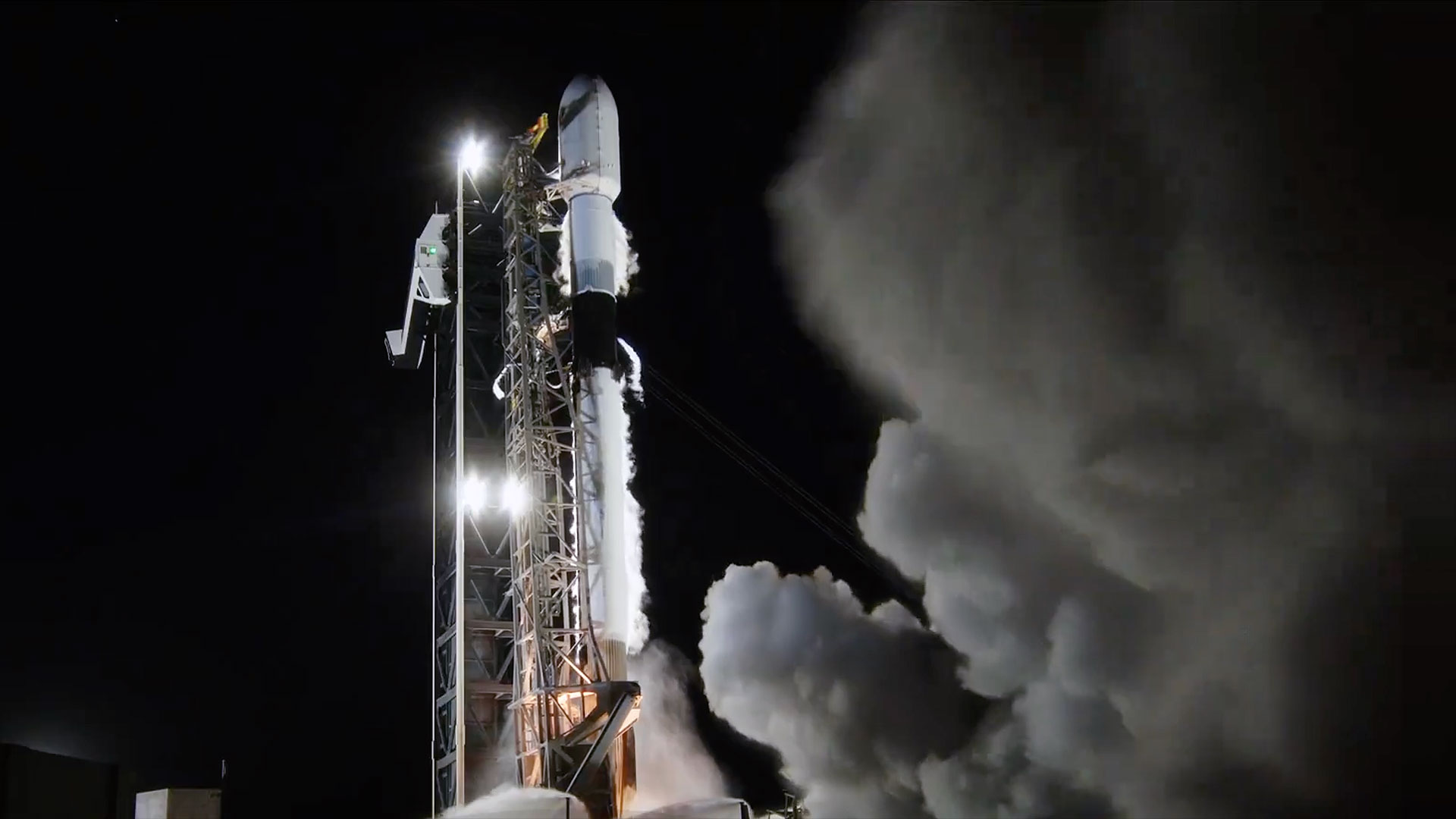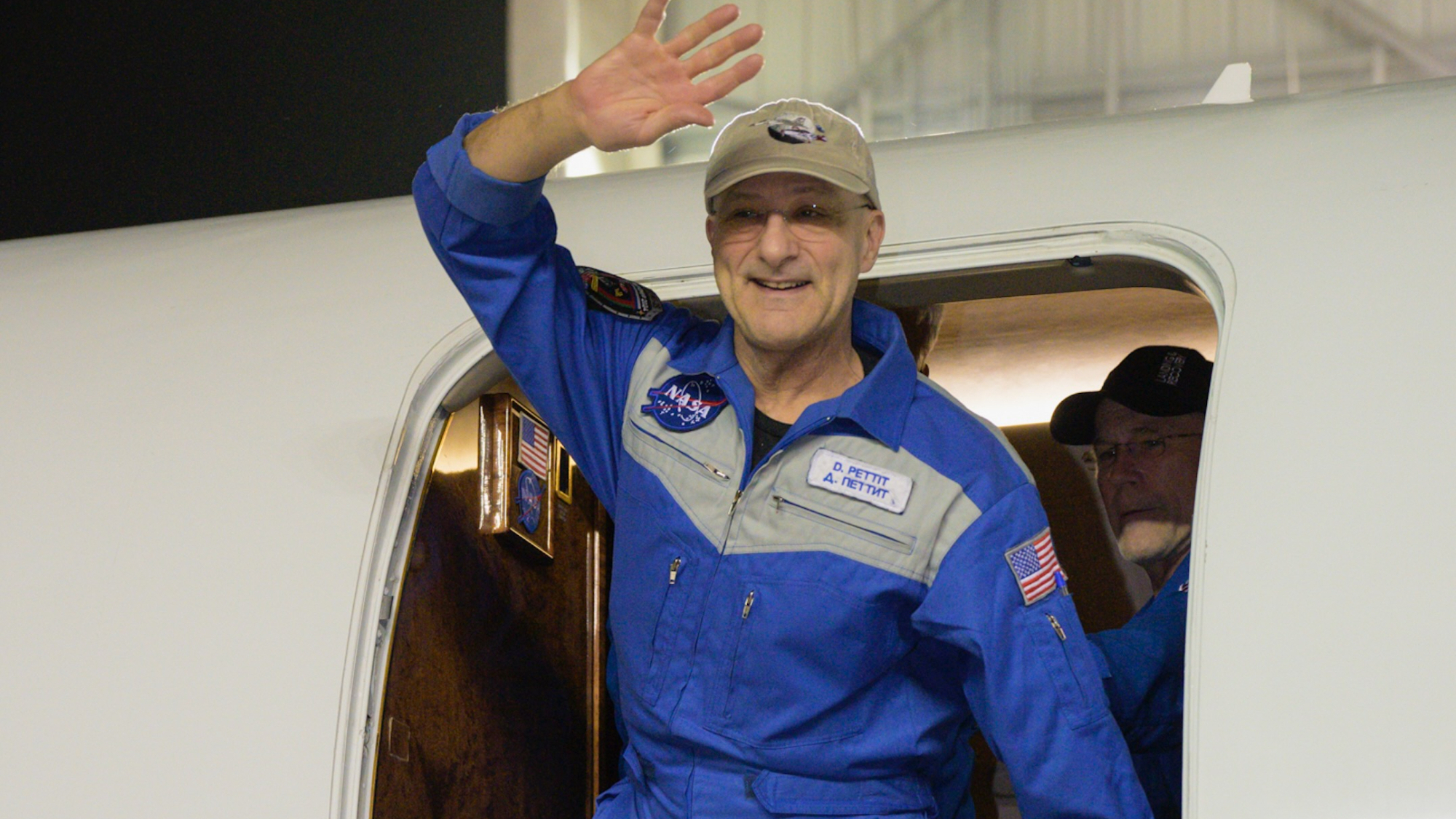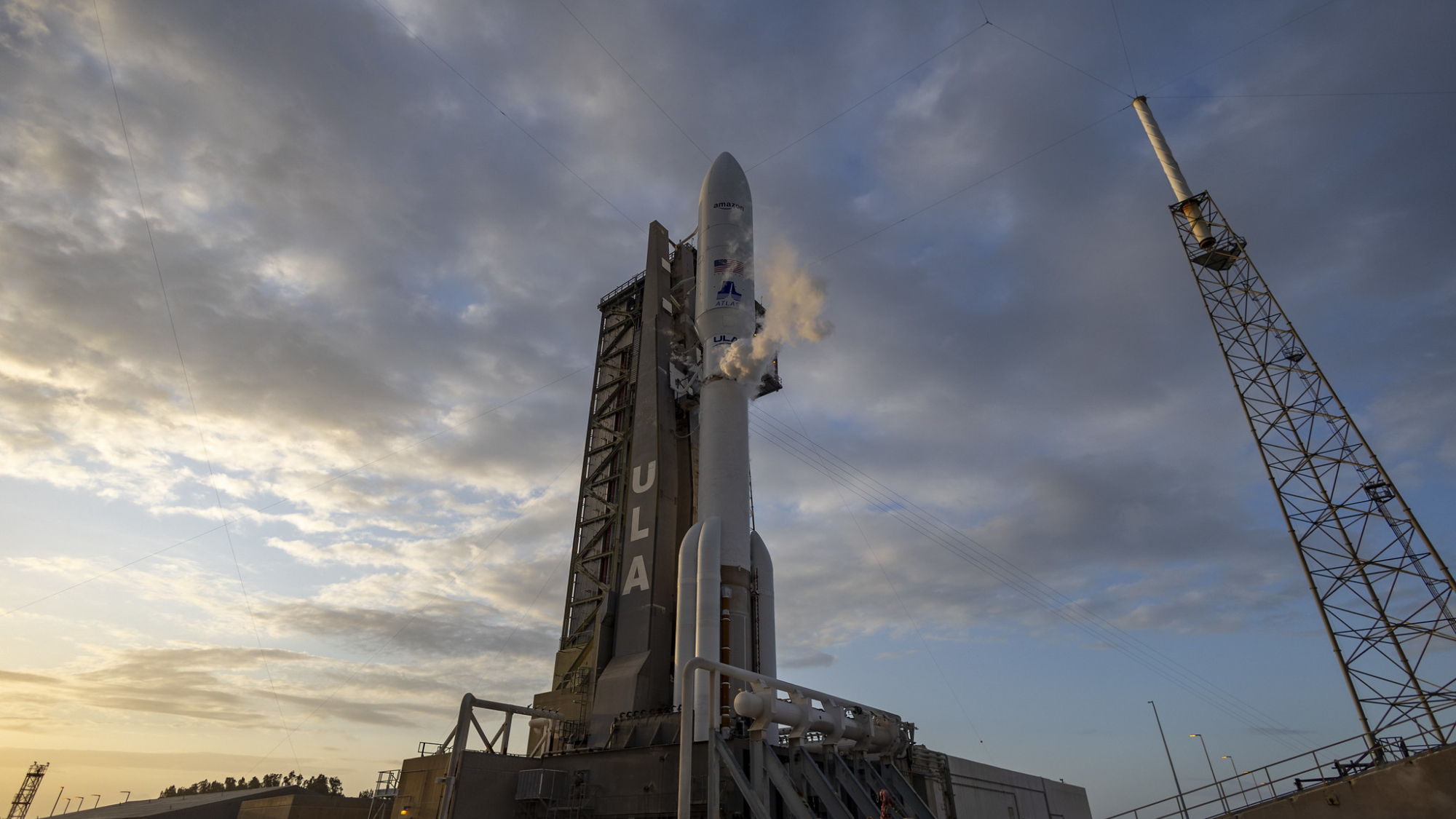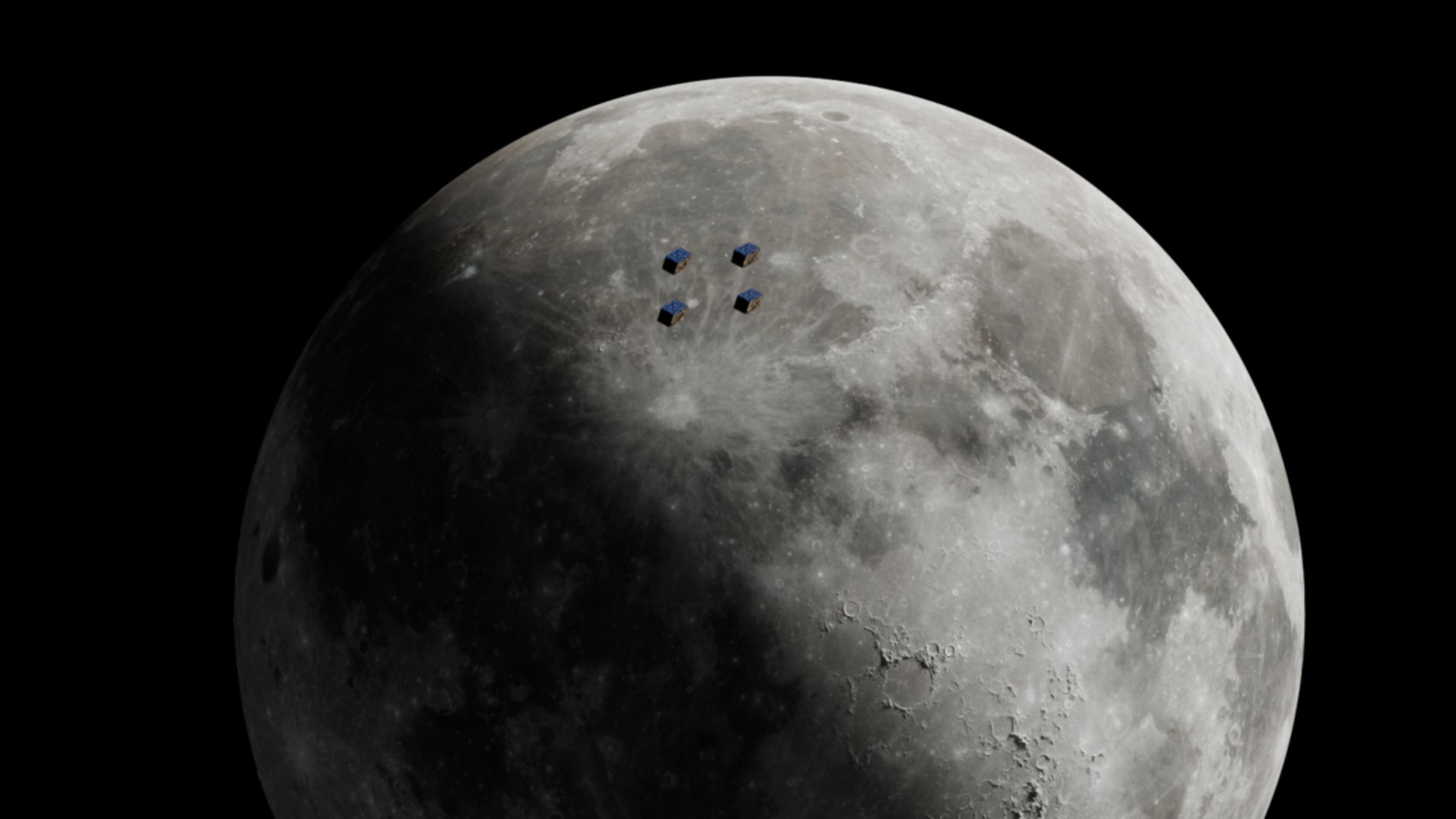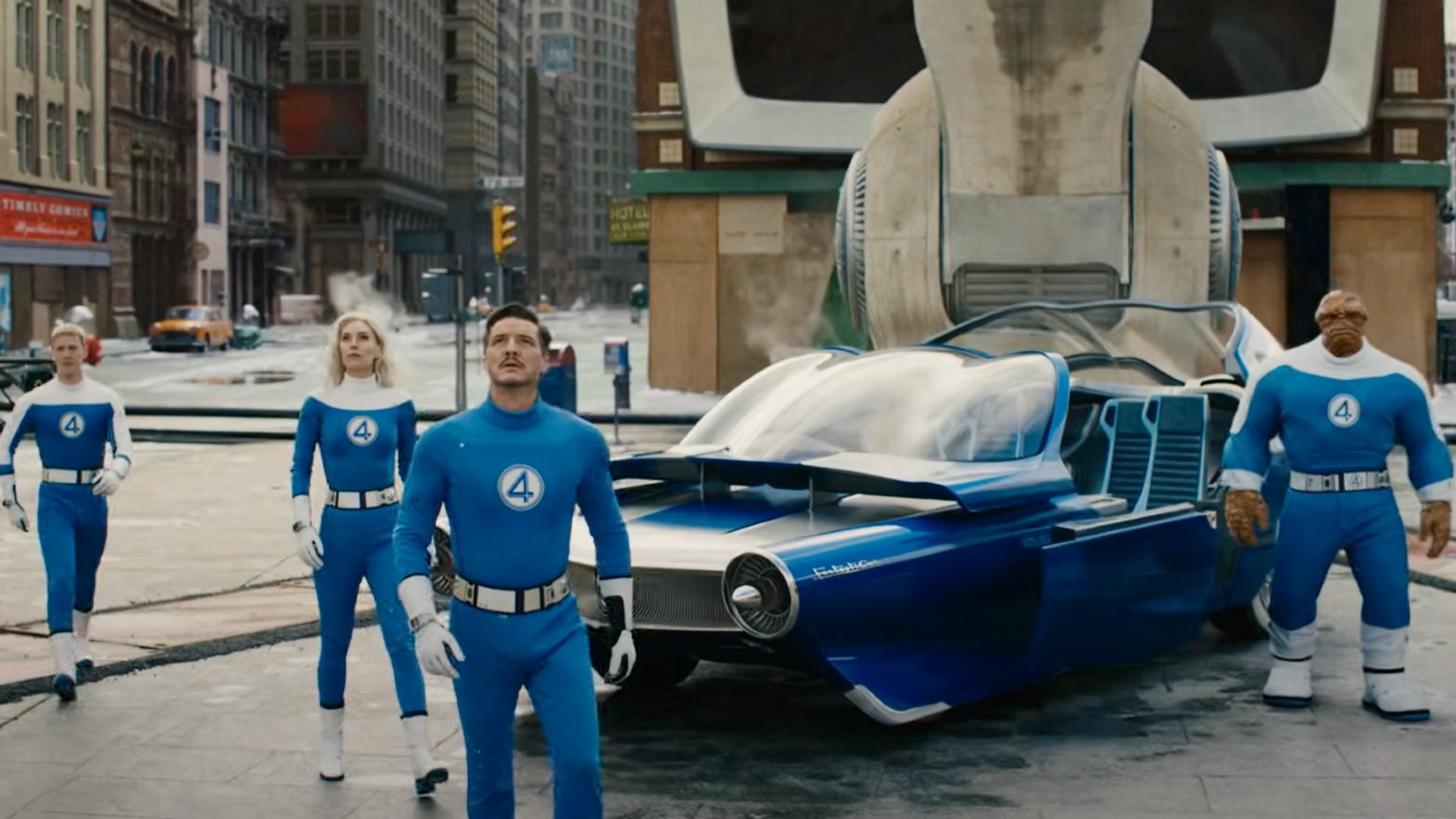Guenter Wendt, 85, 'Pad Leader' for NASA's Moon Missions, Dies
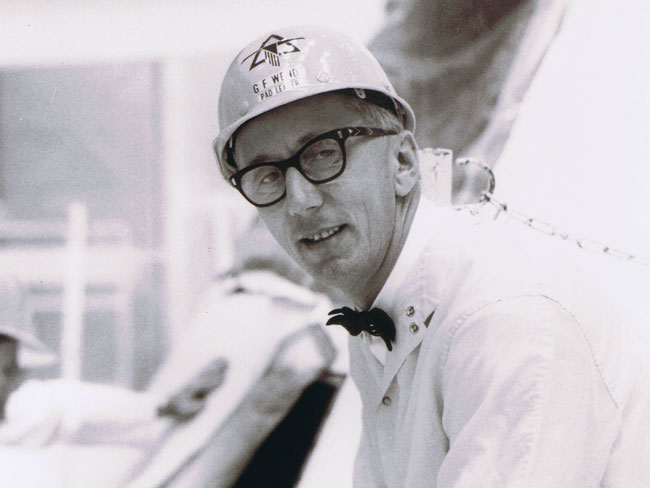
Guenter Wendt, the original pad leader for NASA's mannedspace program and the last man the Apollo astronauts saw before launching tothe moon, died at his home in Merritt Island, Fla., Monday. Wendt, 85, washospitalized for congestive heart failure and then suffered a stroke.
Reporting to Cape Canaveral as a McDonnell Aircraft Corp.engineer working on missile projects soon after gaining his Americancitizenship in 1955, Wendt, who was born and educated in Berlin, became part of theeffort to launch the first U.S. astronauts into space.
As pad leader ? or "pad f?hrer" as the astronautscame to affectionately call him due to his strong German accent and unwaveringrules ? Wendt oversawthe spacecraft on the launch pads and all who had access to them to ensurethe safety of all those involved.
As he recalled in "The Unbroken Chain," Wendt'smemoir released in 2001, "If you came up to the spacecraft, you didn'ttouch it without my permission. During emergencies, I wouldn't have time toform a committee. I had to make sure I had the authority to make the decisionwhenever anything became critical."
"Simply put, in an emergency the buck stopped withme," Wendt wrote with his co-author Russell Still.
But when a fire broke out in the Apollo 1spacecraft on the pad, an emergency that ultimately claimed the lives of threeastronauts, Wendt was not there. After serving as the pad leader for theMercury and Gemini missions, a change in contractors resulted in Wendt beingreassigned.
"I showed them my previous job description," Wendtwrote about North American Aviation, "and explained my need to havecomplete control in the white room."
Get the Space.com Newsletter
Breaking space news, the latest updates on rocket launches, skywatching events and more!
"They simply could not give that type of authority to anew comer [to the company]," Wendt described, adding that he was offered a"watered-down version" of the position, but had to decline.
So it was by television Wendt learned of the fire on the padon Jan. 27, 1967..
"I remember the sudden weight I felt in myshoulders," he described in his book. "I slumped down in my chair asif I weighed a thousand pounds."
"It seemed the blackest moment of my entire life and Icried at their loss," Wendt revealed.
After the accident, NASA, and in particular Apollo 1 back-up astronaut Wally Schirra who was to command the next mission, demanded NorthAmerican hire Wendt and give him full control of the white room and spacecraft.
Wendt's first task was to identify the changes and developthe emergency procedures for the flight crew and his team on the pad, so thatsuch an emergency would not happen again.
It was his commitment to their safety that earned Wendt therespect of the astronauts.
"Guenter was always a welcome sight in the whiteroom," wrote the late Gordon Cooper, one of the first seven U.S.astronauts and the last to fly a solo Mercury mission. "He was the veryessence of integrity and reliability and gave us a terrific boost in confidenceon every launch."
But even the spacemen were under Wendt's rule when in andaround the spacecraft.
"It's easy to get along with Guenter," said PeteConrad. "All you have to do is agree with him."
Wendt was more than the astronauts' launch pad managerthough, he was also their friend and a familiar face to see them off.
Though he didn't close the hatch to the spacecraft himself("that was my technicians"), Wendt was always the last to make surethe moon-bound crews were ready to go.
"I [would] lean in and ask each astronaut, 'Are youhappy with your straps, with everything?' Everybody says, 'Okay,' we shakehands, 'Good luck, guys,'" Wendt said in a 2002 interview.
Wendt and the astronaut crews exchanged more than justpleasantries on the pad; they also traded gifts ? and not just any gifts ? butgag gifts.
Looking to relieve some of the pressure off the astronautsduring what was a highly stressful time, Wendt presented them with handmade'gotchas' and they answered in kind.
"Thinking of the ceremonial 'key to the city' thatfrequently was given by politicians to visiting dignitaries, I came up with theidea of a key to the moon," Wendt related in his book. He fashioned a Styrofoamcrescent moon for Neil Armstrong.
"Armstrong gave me a small card that was stuck underthe wristband of his Omega watch. It was a ticket for a space taxi ride, good'between any two planets.'"
Wendt never had the chance to redeem the ticket and rideinto space himself, although he continued to oversee the safety of theastronauts through the end of the Apollo program and beginning flights of thespace shuttle.
He retired from the space program in 1989, after serving onthe accident review board convened at Kennedy Space Center to investigate theloss of Challenger.
Even after his departure, Wendt remained active in space activities.In addition to authoring "The Unbroken Chain," he served as atechnical consultant for Tom Hanks' HBO miniseries "From the Earth to theMoon," even making a cameo appearance.
Wendt was also recruited for the raising and recovery of theonly U.S. manned spacecraft to be lost at sea, Liberty Bell 7, the Mercuryspacecraft flown by Gus Grissom. He was there when the capsule was lifted offthe ocean floor.
"Let me just go ahead and touch it after 38years," Wendt said, as the spacecraft he helped launch sat before him in1999.
Most recently, Wendt traveled just last month for the 40thanniversary of Apollo13, taking part in a panel discussion hosted by the Kansas Cosmosphere andSpace Center in Hutchinson, Kan. One of the white rooms in which Wendt spenthis time preparing spacecraft is exhibited at the museum.
Wendt is survived by three daughters.
Read more aboutGuenter Wendt and share your memories about him at collectSPACE.com.
- Images- Apollo 11 in Pictures, ApolloProgram
- Forty YearsLater, Pad Tech Recalls Apollo 1 Fire
- SpecialReport: THE MOON? Then, Now, Next
Copyright 2010 collectSPACE.com. All rights reserved.
Join our Space Forums to keep talking space on the latest missions, night sky and more! And if you have a news tip, correction or comment, let us know at: community@space.com.

Robert Pearlman is a space historian, journalist and the founder and editor of collectSPACE.com, a daily news publication and community devoted to space history with a particular focus on how and where space exploration intersects with pop culture. Pearlman is also a contributing writer for Space.com and co-author of "Space Stations: The Art, Science, and Reality of Working in Space” published by Smithsonian Books in 2018.In 2009, he was inducted into the U.S. Space Camp Hall of Fame in Huntsville, Alabama. In 2021, he was honored by the American Astronautical Society with the Ordway Award for Sustained Excellence in Spaceflight History. In 2023, the National Space Club Florida Committee recognized Pearlman with the Kolcum News and Communications Award for excellence in telling the space story along the Space Coast and throughout the world.
